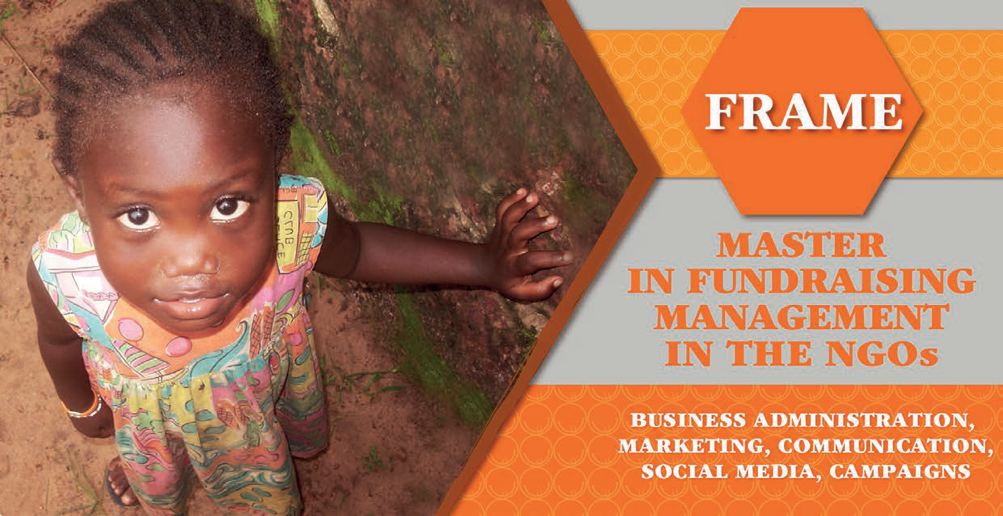Isabel White| 15 December 2015
That depends on who you ask. The default answer for most people who are not fundraisers is “to raise money”. Interestingly, most fundraisers I know will tell you that is only part of what they actually do. Equally and possibly more important is the need to make friends. Beleaguered chief executives are all too often focussed on “getting some quick wins to balance the books”, but if a charity doesn’t have any friends, you can forget about any quick wins. Anyone parting with money is inevitably doing you a favour and in most cases, belief in the cause aside, they are doing it for their friends. As the old adage goes, people give to people. We ignore that at our peril, as recent events in the UK have shown. Donors have been taken for granted and fundraisers have lost sight of why they are doing it in the first place.
There has to be trust between the donor and the fundraiser, and we all know you don’t make friends by cadging favours. Charities need to realise that you make friends by doing favours not seeking them. A good fundraiser will spend weeks, months, even years building a relationship of trust with a donor so that one day that elusive “quick win” might just come off. However, when the pressure is piled on, things can go spectacularly wrong, as two recent incidents in the UK demonstrate.
Earlier this year, an elderly woman donor was found dead beneath a bridge in Bristol, southwest England, and is believed to have committed suicide, partly because she was (according to her friends and family) “exhausted” by requests for money from charities. Now it is impossible to say that the charities’ behaviour was the sole cause of her death, but the backlash from this incident has been very public and has resulted in lots of donors questioning the mutual trust that exists between them and their favoured causes. This not only has an immediate effect on the bottom line of those charities involved but it also makes it just that much harder for the rest of us to repair that trust. We all pay the price for overzealous fundraising.
Hot on the heels of this calamity was the revelation that one of our largest and highest profile children’s charities has shut amidst allegations of mismanagement, abuse and worse. In this case the figurehead of the charity had created what amounted to a personality cult that transcended reason and common sense. Donors were mesmerised by her charismatic performance and her ever more plaintive and histrionic cries for support for her “needy children”. These cries for help however began to become routine and came to be seen by many prospective donors as crying wolf. Pleas for seven and eight figure sums to keep the charity afloat were presented as “feed my poor children”. In all the media furore that surrounded the case, those voices of reason who began to ask if their money was being wisely spent were drowned out and in many cases overruled by the evangelists for the cause. Government ministers who cautioned against providing further funding were overruled by people at the highest levels of government apparently mesmerised by the fundraiser’s charismatic approach.
Of course, like the apocryphal story of the Emperor’s New Clothes, the donors woke up one day to find they were metaphorically naked, and once the investigations started, the whole organisation collapsed like a house of cards. The jury is still out on whether or not there was anything fraudulent taking place. However, once again the reputation of the whole sector was besmirched by this case. It is doubly unfair on the myriad smaller charities working very effectively with the same client group, whose pleas for funding were drowned out by the charity hoovering up all the available funding for the cause.
When I was just starting out as a fundraiser, I overstepped the mark with one very high profile corporate supporter, by taking their support for granted. This resulted in my contact not taking my calls and the initiatives we had set up together being curtailed. Worse still, the very act of apologising for my pestering her was taken as a sign of further intrusion and made the problem worse not better. I lost that donor, but I wonder how many other fundraiser’s jobs became that much harder at that moment?
Of course it is easy to get swept away by your passion for the cause, but fundraisers function best when the head and the heart rule in harmony, making sure that they convey to the donor their evident honesty and passion for the cause whilst at the same time ensuring that the organisation they work for spends the fruits of their efforts very effectively. We would all do well to remember that donors are first and foremost our most loyal friends, and need to be treated with the respect and courtesy they deserve. That means listening to what they tell us, respecting their wishes and being grateful for their support.


